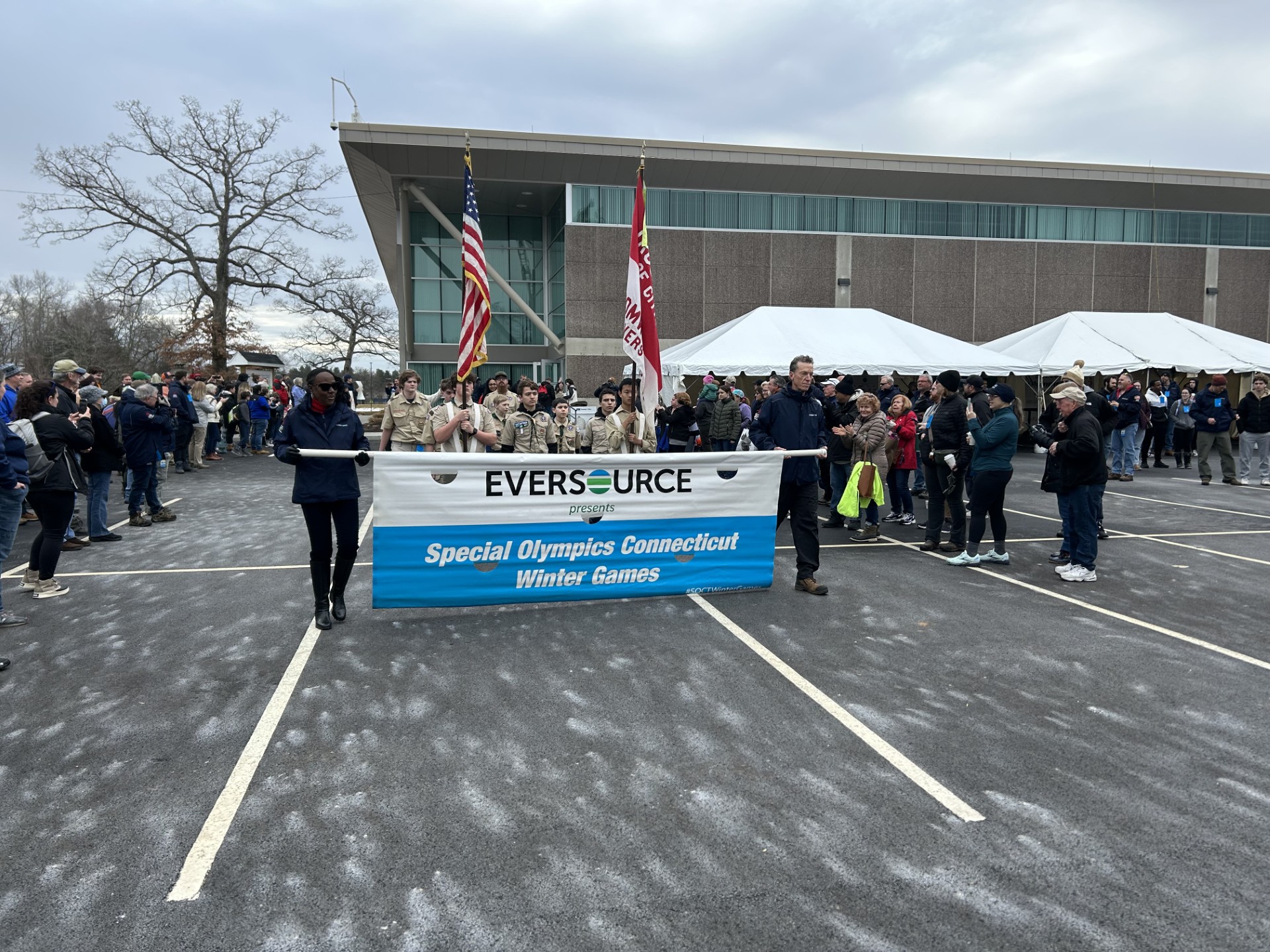A new study out of Yale University shows brains act differently when someone is interacting virtually verses in person.
Virtual reality is a reality for so many ever since the start of the pandemic.
You’ve likely been relying on virtual meetings in some capacity or another for the past three years, but have you ever wondered whether all that screen time is impacting your social life?
New research out of Yale School of Medicine compares brain activity during online exchanges versus face-to-face interactions.
If you have logged onto work, see a doctor or chat with friends, you know how different screen time can feel from time spent face-to-face.
Get top local stories in Connecticut delivered to you every morning. Sign up for NBC Connecticut's News Headlines newsletter.
“We had a sensory idea that these two modes of communication were different, but we didn't have any way of answering the question,” Dr. Joy Hirsch, Yale University School of Medicine neuroscientist, said.
The new research out of Yale School of Medicine sets out to find an answer. Hirsch, who is a neuroscience professor, used new imaging technology in the study.
“Putting little detectors on people's heads,” she said.
Local
Using the equipment, the team tracked real time brain activity of two people face-to-face versus two people on Zoom.
“Faces provide a huge amount of social cues, just looking at another person's face. And we ask, in this very simple communication paradigm, would we see any differences between the two?” Hirsch said.
As subjects took in one another’s faces in both scenarios, the team monitored brain function, electrical signals in the brain and eye tracking.
The findings: that neural signaling during online exchanges is significantly suppressed compared to brain activity during in-person interactions.
“There's less activity in all of these domains, when we're actually communicating, or at least looking at each other on Zoom, relative to looking at each other in person,” Hirsch said.
Hirsch said these findings, published in the journal “Imaging Neuroscience,” are a jumping off point for further research.
“Is it easier to learn in person than online? For example. We don't know the answer to that,” she said. “But the information from the study that we've just published suggests that there may be some differences, and there may actually be some solutions.”
In a world where millions of people are still holding virtual meetings, Hirsch said the findings illustrate the importance of in-person encounters.
“Humans are profoundly social, and that means that we naturally connect with other people in a seamless manner,” Hirsch said. “We seek other people when we're alone, we're healthier when we're in the presence of other people. So we have biological systems that are very well tuned to a natural face-to-face communication situation.”



